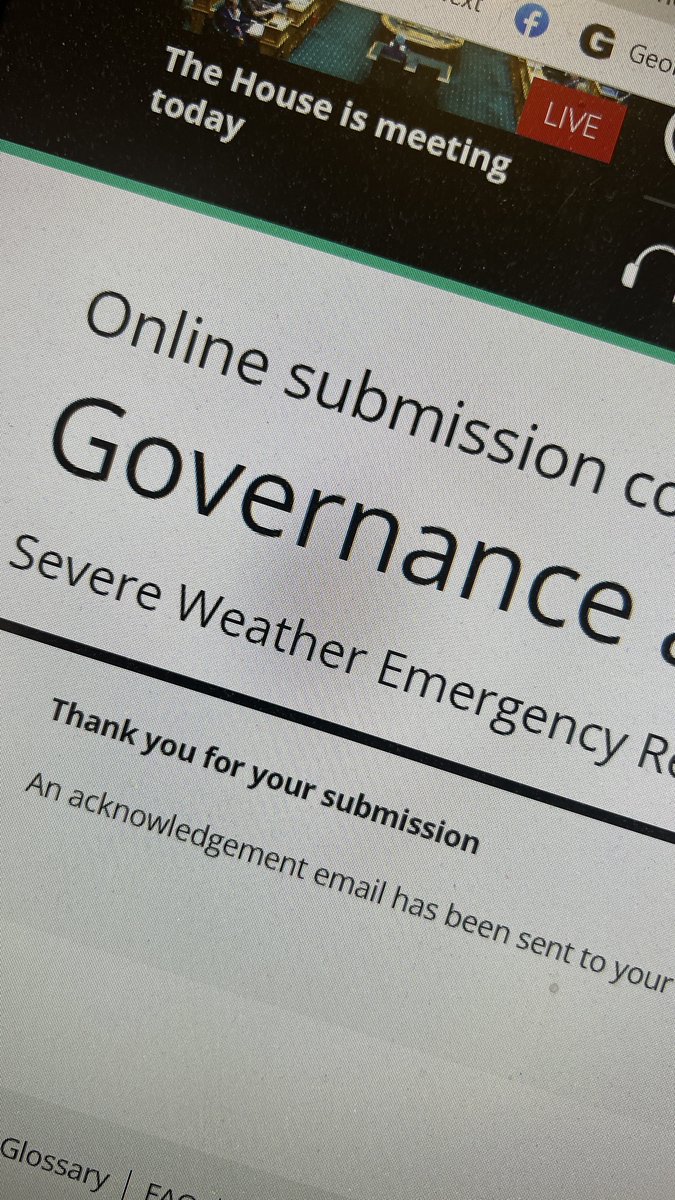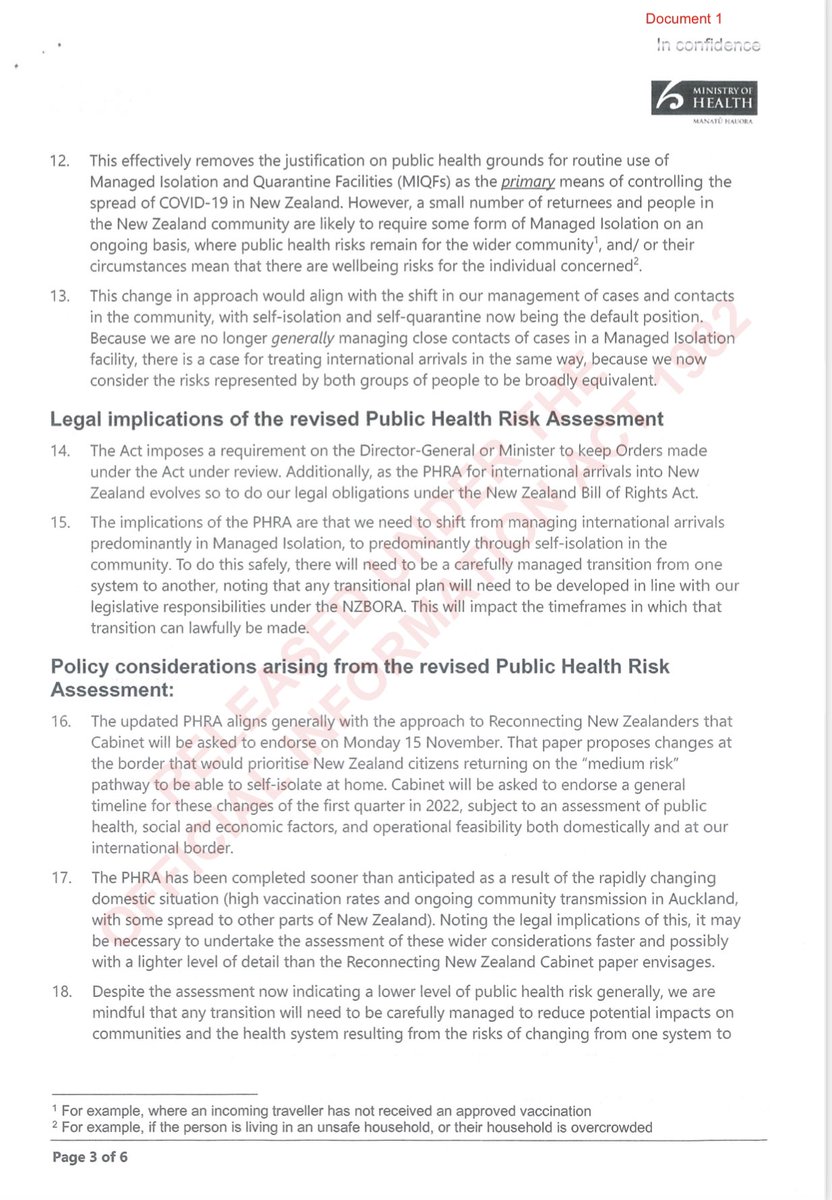An irony, too, that this emergency Henry VIII framework legislation drops the very week we are studying the virtues and vices of secondary legislation and the Regs Review committee’s scrutiny work. #LAWS321
Being pressed on super short submission period by Greens, including why Parliament wasn't to be recalled after Easter to give more time for select committee.
Submission finished and submitted. #reckonsinflight 🤓 



• • •
Missing some Tweet in this thread? You can try to
force a refresh

 Read on Twitter
Read on Twitter




















